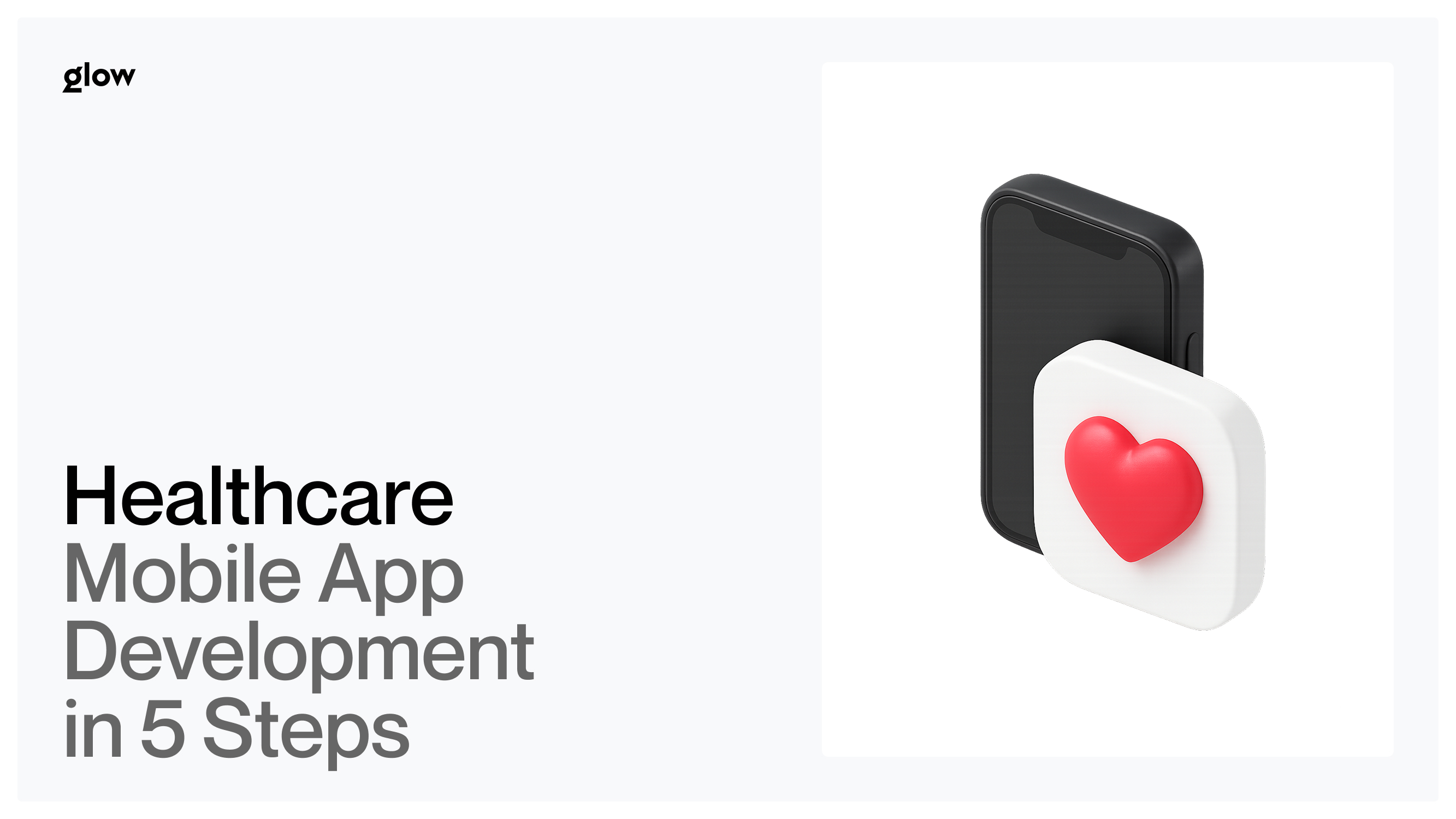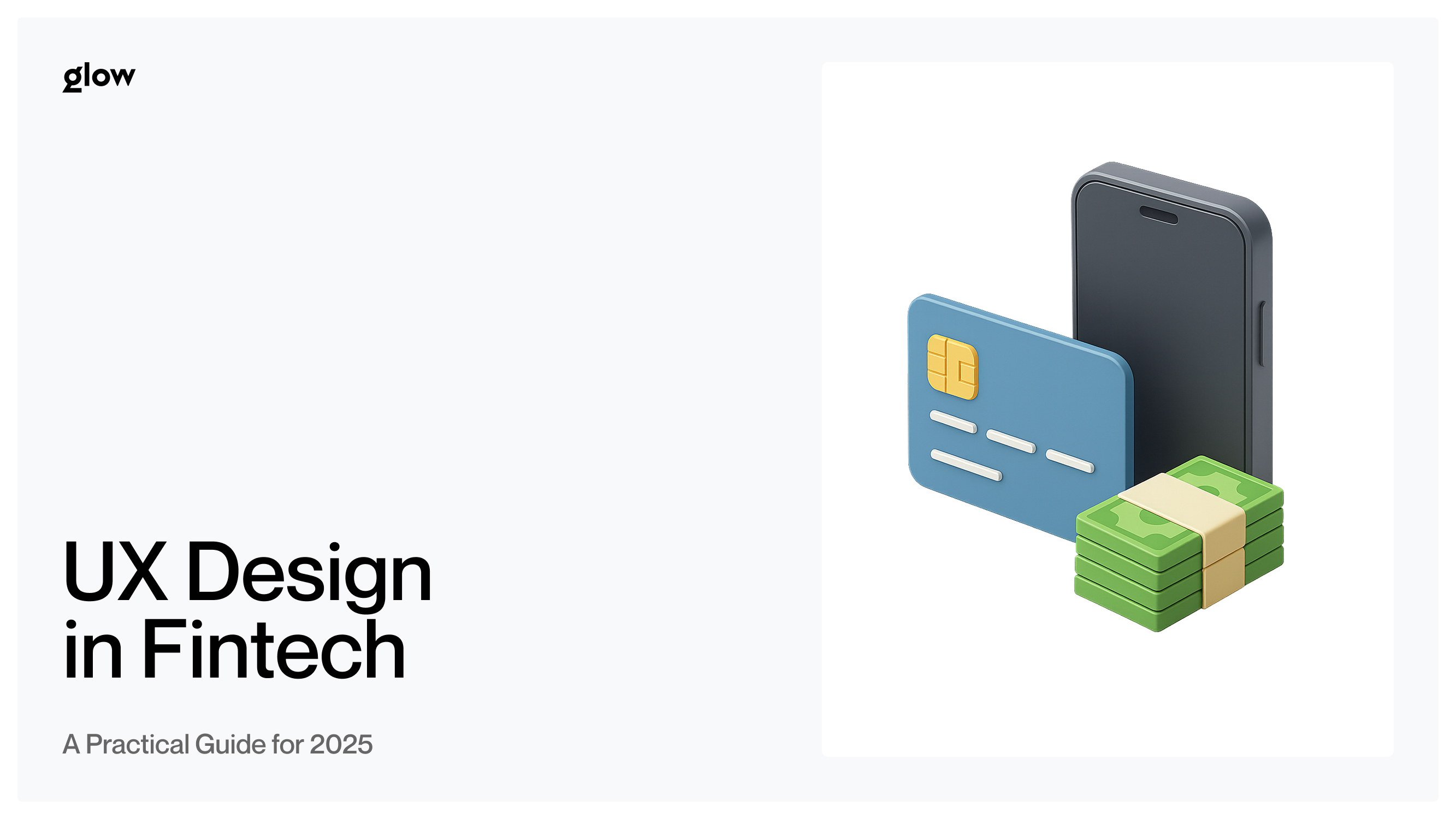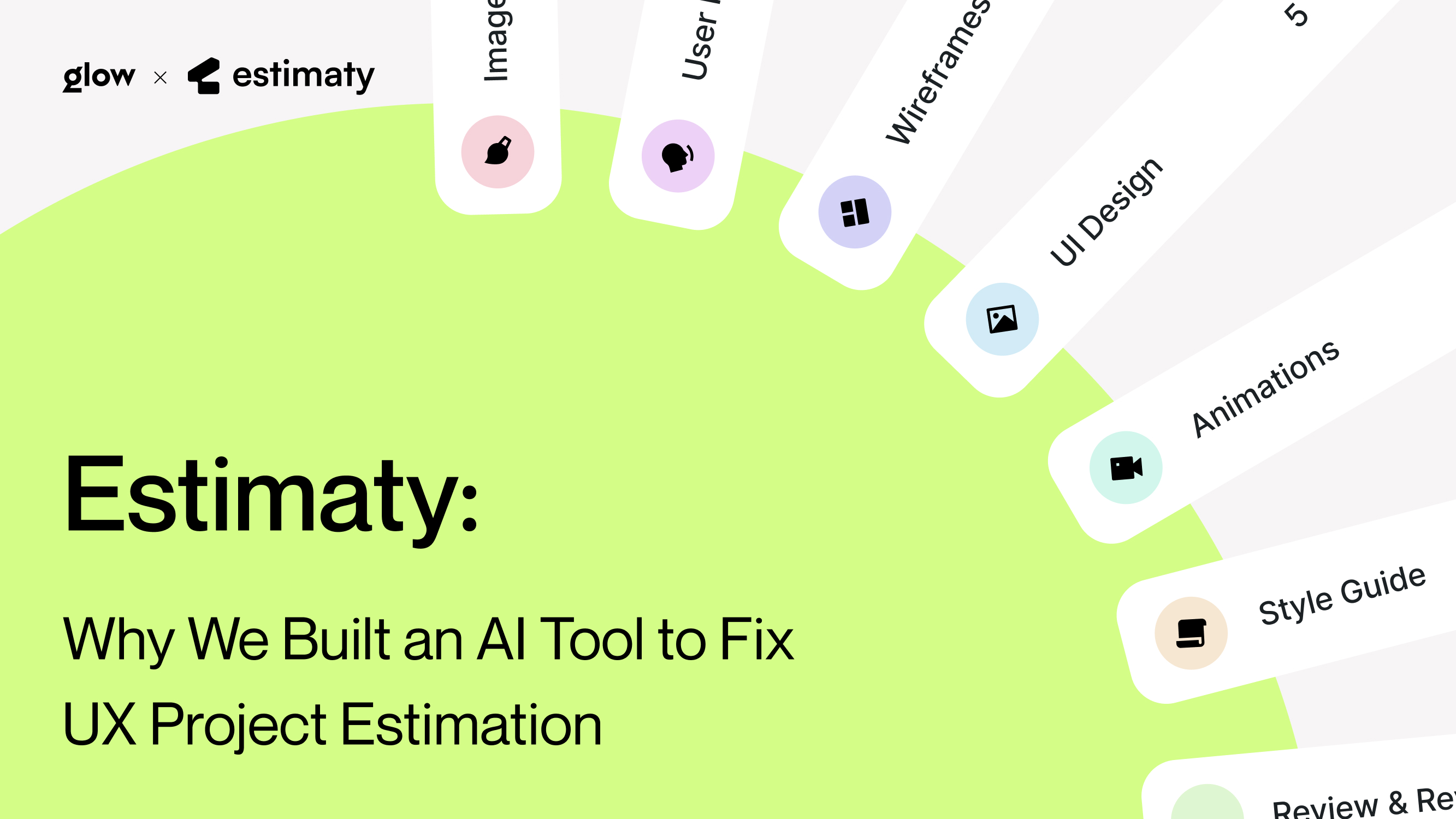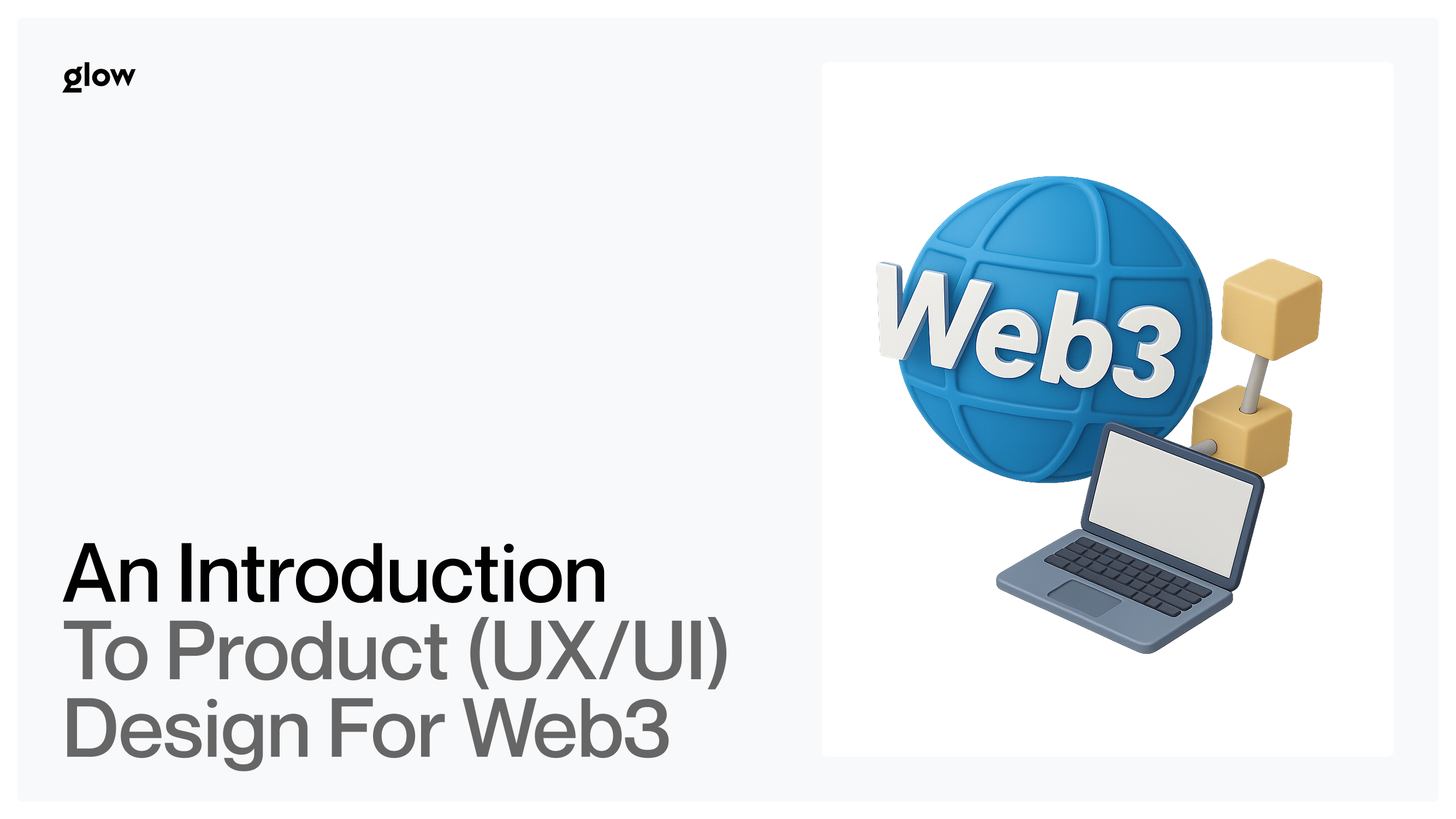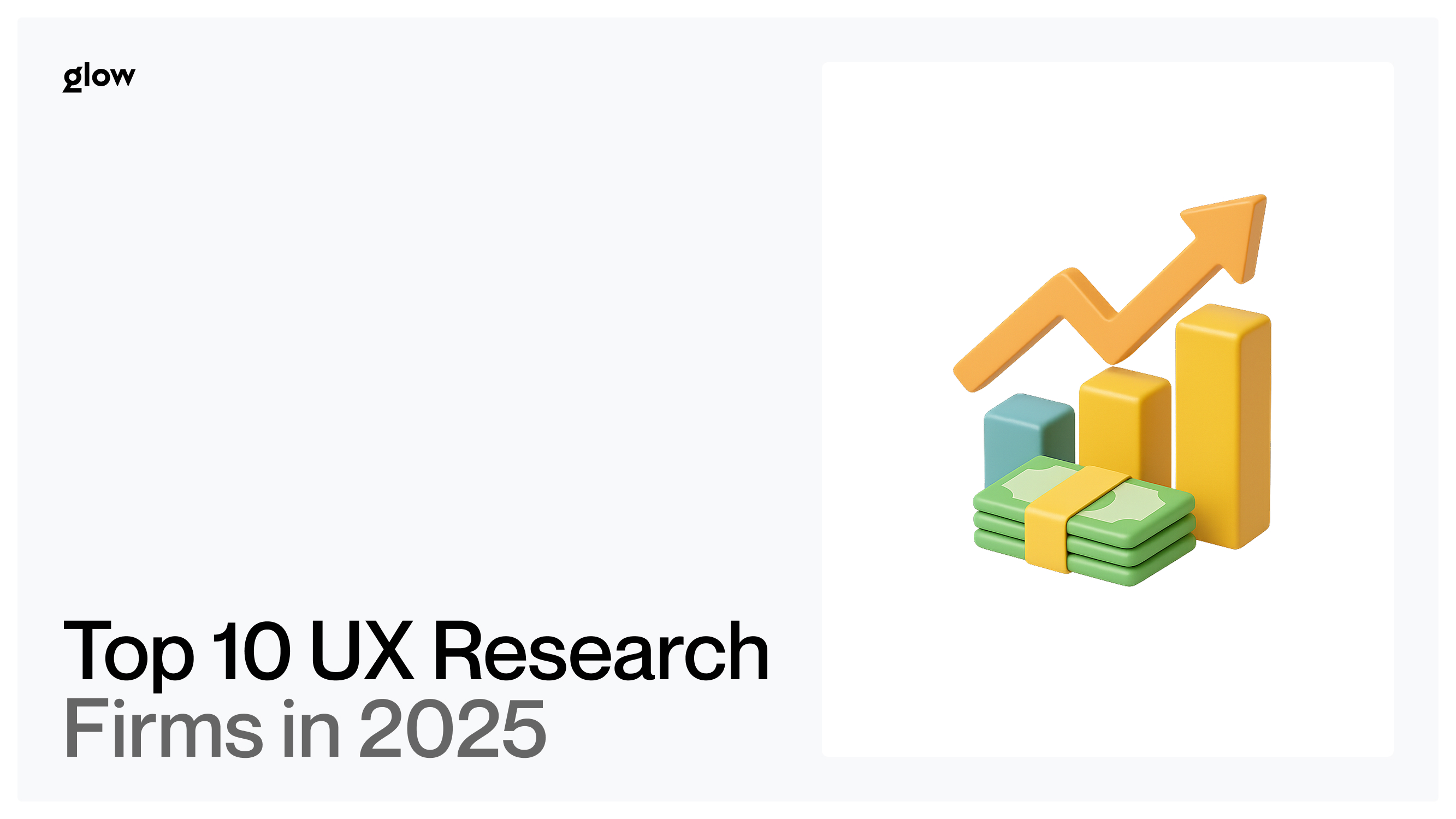Imagine a world where patients can consult doctors from their living rooms, receive instant medication reminders, and access their complete medical history with a simple tap. This isn't science fiction – it's today's reality powered by mobile health technology. The healthcare app development industry is experiencing explosive growth, transforming a $350 billion traditional healthcare market into a digitally-driven ecosystem.
Every day, millions of patients struggle with long wait times, inaccessible medical records, and communication barriers with healthcare providers. Meanwhile, doctors face overwhelming administrative burdens that reduce time spent on actual patient care. Mobile health apps solve these critical pain points while creating new revenue opportunities for healthcare organizations.
From telemedicine platforms connecting rural patients with specialists to AI-powered symptom checkers providing instant health insights, mobile applications are reshaping healthcare delivery. This comprehensive guide reveals the proven 5-step process to build a healthcare app that not only meets regulatory requirements but delivers exceptional user experiences that patients and providers actually want to use.
What is a Healthcare Mobile App?
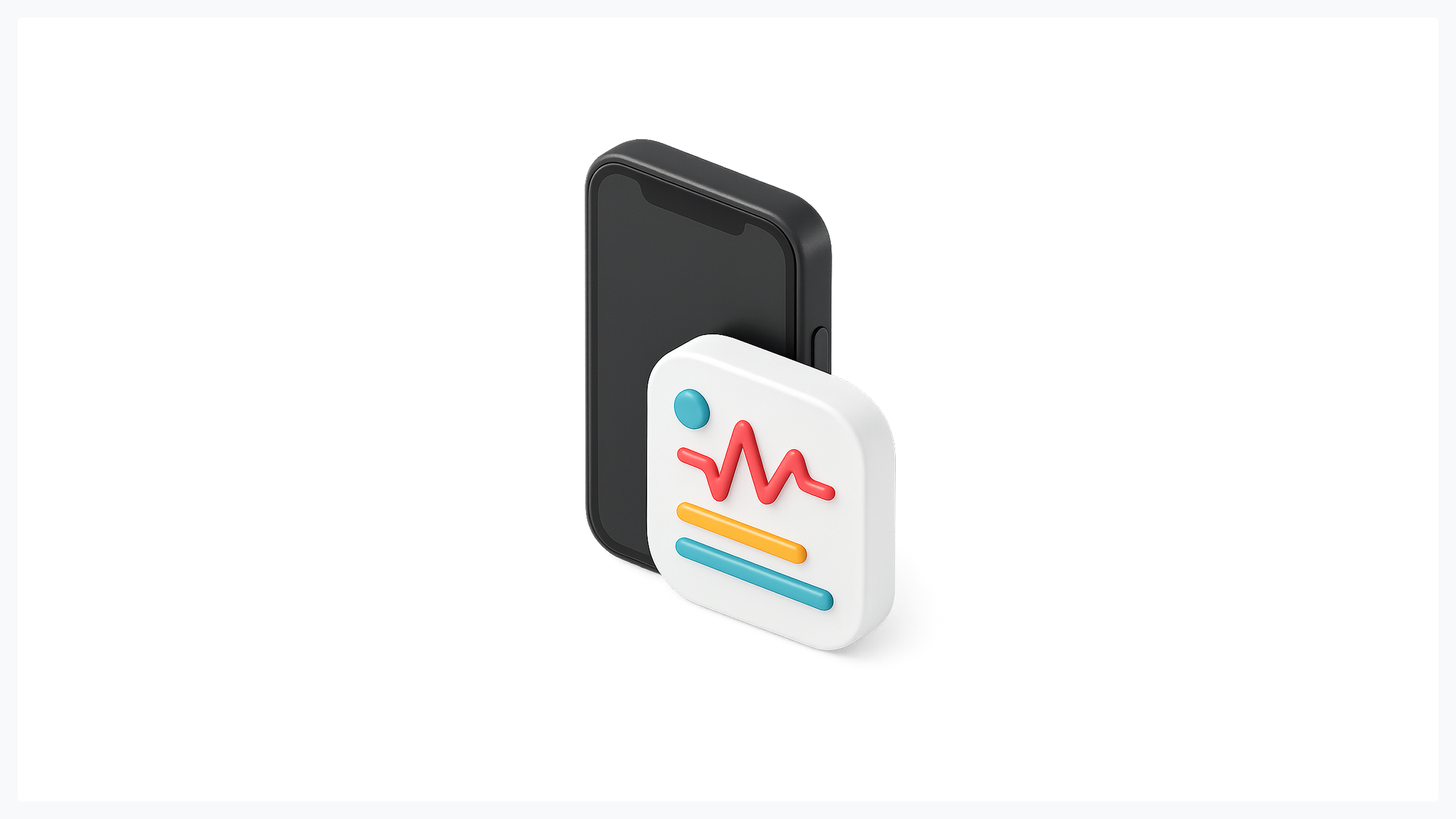
A healthcare mobile app is a digital solution designed to support medical services, patient care, and health management through smartphones and tablets. Unlike general wellness apps that focus on fitness tracking or meditation, healthcare apps directly connect to medical systems and provide clinical-grade functionality.
The mHealth market has experienced explosive growth, reaching $43.5 billion in 2022 and projected to hit $111.8 billion by 2025. This surge reflects increasing consumer demand for convenient, accessible healthcare solutions and the medical industry's embrace of digital transformation.
Healthcare apps bridge the gap between patients and providers, offering real-time communication, remote monitoring, and instant access to medical information. They transform traditional healthcare delivery by making services available 24/7, reducing geographic barriers, and empowering patients to take control of their health journey.
Modern healthcare apps integrate with electronic health records, wearable devices, and medical equipment to create comprehensive health ecosystems. They support preventive care through early warning systems, medication adherence tracking, and lifestyle modification programs. The integration of artificial intelligence and machine learning enables predictive analytics, personalized treatment recommendations, and automated health monitoring.
Types of Healthcare Mobile Apps
Provider-Focused Applications
Medical professionals use specialized apps for clinical decision-making, patient management, and administrative efficiency. These tools streamline workflows, reduce errors, and improve patient outcomes through evidence-based support systems. Modern healthcare mobile app design focuses on intuitive interfaces that integrate seamlessly with existing medical workflows while maintaining strict security standards.
Leading provider-focused apps include:
- Epic Haiku. Mobile EHR access for reviewing patient charts and clinical data.
- Medscape. Medical reference with drug information, clinical guidelines, and continuing education.
- UpToDate. Evidence-based clinical decision support and medical references.
- Epocrates. Drug reference and interaction checker with clinical tools.
- MDCalc. Medical calculator and clinical decision rules.
Patient-Focused Applications
Patient apps prioritize user experience and accessibility, making healthcare services more convenient and personalized. These applications empower patients to take control of their health journey through intuitive interfaces and comprehensive functionality.
Popular patient-focused apps include:
- MyChart. Epic's patient portal for accessing medical records, test results, and appointment scheduling.
- Teladoc. Virtual consultation platform connecting patients with licensed physicians.
- Zocdoc. Appointment booking platform for finding and scheduling healthcare providers.
- Cerner HealtheLife. Personal health record management with family sharing features.
- CareZone. Comprehensive medication and health information organizer.
Why Invest in Healthcare Mobile App Development?
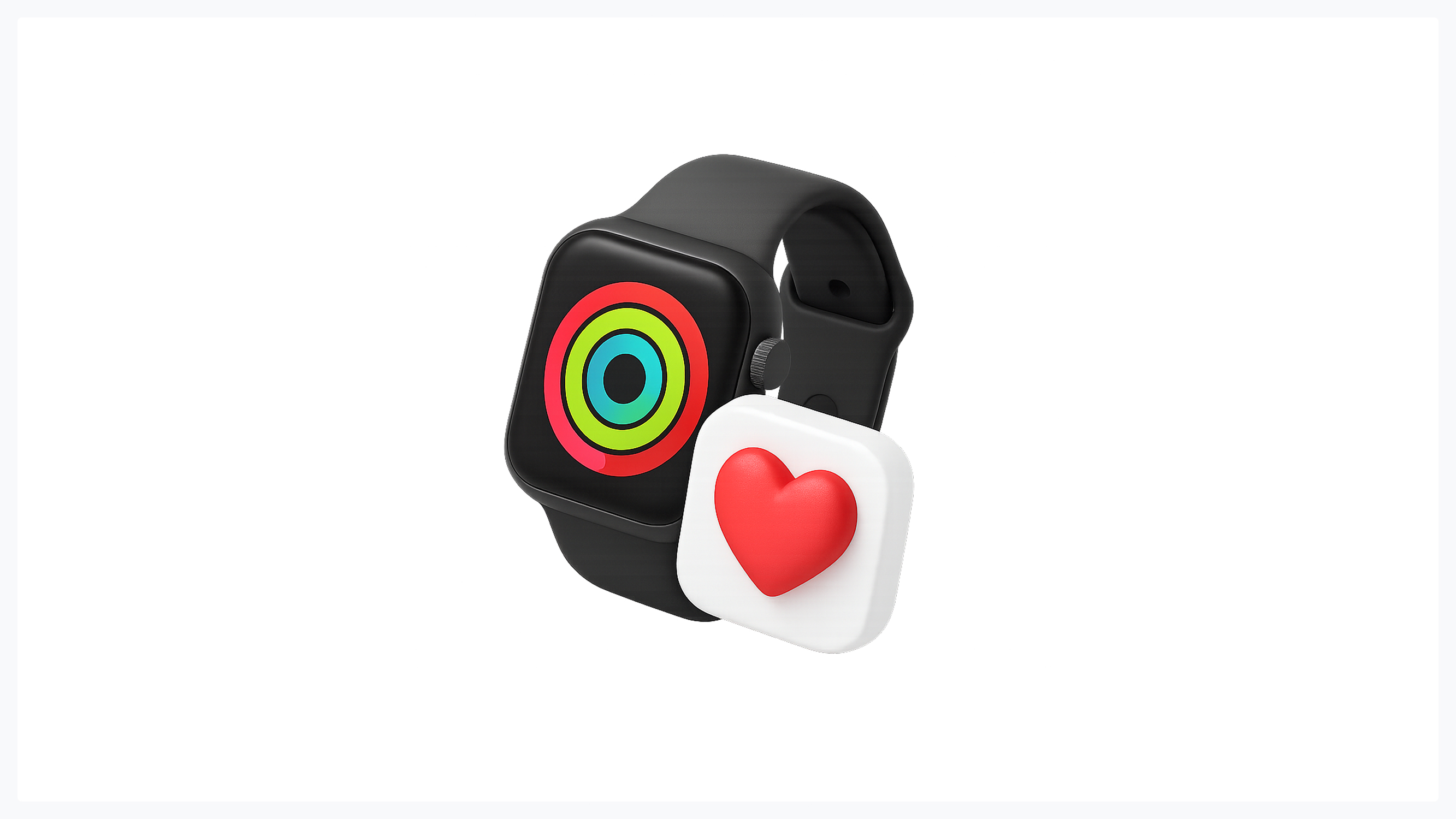
The healthcare app development market presents compelling business opportunities. Healthcare organizations investing in mobile solutions see improved patient engagement, reduced operational costs, and enhanced competitive positioning. The COVID-19 pandemic accelerated digital adoption, making mobile health apps essential rather than optional.
Mobile health apps address critical healthcare challenges including access barriers, rising costs, physician shortages, and patient engagement. They create new revenue streams while improving care quality and operational efficiency.
Healthcare digitization drives significant economic impact across the industry. Organizations report 30-50% reduction in no-show rates through automated appointment reminders, 25% decrease in administrative costs through streamlined workflows, and improved patient satisfaction scores leading to higher retention rates. The shift toward value-based care models makes mobile health solutions increasingly valuable for tracking outcomes and managing population health.
Benefits for Patients
Enhanced Access to Care
Mobile apps eliminate geographic and time constraints, allowing patients to access healthcare services from anywhere. Rural patients can consult specialists without traveling long distances, while busy professionals can schedule appointments during convenient hours. When you build a healthcare app with accessibility in mind, these solutions become powerful tools for democratizing healthcare access.
Access improvements include:
- 24/7 availability for urgent care consultations
- Specialist access for underserved geographic areas
- Multilingual support for diverse patient populations
- Reduced wait times through efficient scheduling systems
- Home-based care coordination for elderly patients
Personalized Health Management
Apps provide tailored health recommendations based on individual medical history, preferences, and goals. Patients receive customized medication reminders, diet suggestions, and exercise plans that align with their specific conditions and lifestyle.
Personalization features encompass:
- AI-driven health insights based on user data
- Customized treatment plans for chronic conditions
- Adaptive learning algorithms that improve over time
- Integration with wearable devices for continuous monitoring
- Behavioral modification programs tailored to individual needs
Remote Monitoring Capabilities
Chronic disease management becomes more effective through continuous monitoring. Patients can track vital signs, glucose levels, blood pressure, and symptoms in real-time, enabling proactive intervention and preventing complications.
Remote monitoring benefits include:
- Early detection of health deterioration
- Reduced hospital readmissions through proactive care
- Improved medication adherence tracking
- Real-time alerts for critical health changes
- Comprehensive health data collection for better treatment decisions
Streamlined Payment Processing
Integrated payment systems simplify billing and reduce administrative burden. Patients can view insurance coverage, pay bills, and manage healthcare expenses through secure, user-friendly interfaces. Effective healthcare app development ensures these financial features comply with healthcare regulations while providing seamless user experiences.
Benefits for Healthcare Providers
Operational Efficiency
Healthcare apps automate routine tasks like appointment scheduling, prescription refills, and patient intake. This automation reduces administrative overhead and allows staff to focus on patient care rather than paperwork.
Efficiency improvements include:
- Automated appointment confirmations and reminders
- Digital patient intake forms reducing waiting room time
- Streamlined referral processes between providers
- Automated prescription refill requests
- Digital documentation reducing paper-based workflows
Reduced Medical Errors
Digital systems minimize human error through automated alerts, drug interaction warnings, and standardized protocols. Electronic prescribing reduces medication errors, while clinical decision support tools guide evidence-based treatment decisions.
Error reduction mechanisms encompass:
- Real-time drug interaction checking
- Automated allergy alerts and contraindication warnings
- Standardized treatment protocols and guidelines
- Digital verification of patient identity and medical history
- Audit trails for accountability and quality improvement
Enhanced Brand Loyalty
Convenient, high-quality digital experiences build patient loyalty and satisfaction. Satisfied patients are more likely to recommend services and remain with healthcare providers long-term, improving retention rates and referral generation. Strategic healthcare mobile app design that prioritizes user experience directly impacts patient satisfaction scores and long-term business success.
Healthcare Mobile App Development Process in 5 Steps
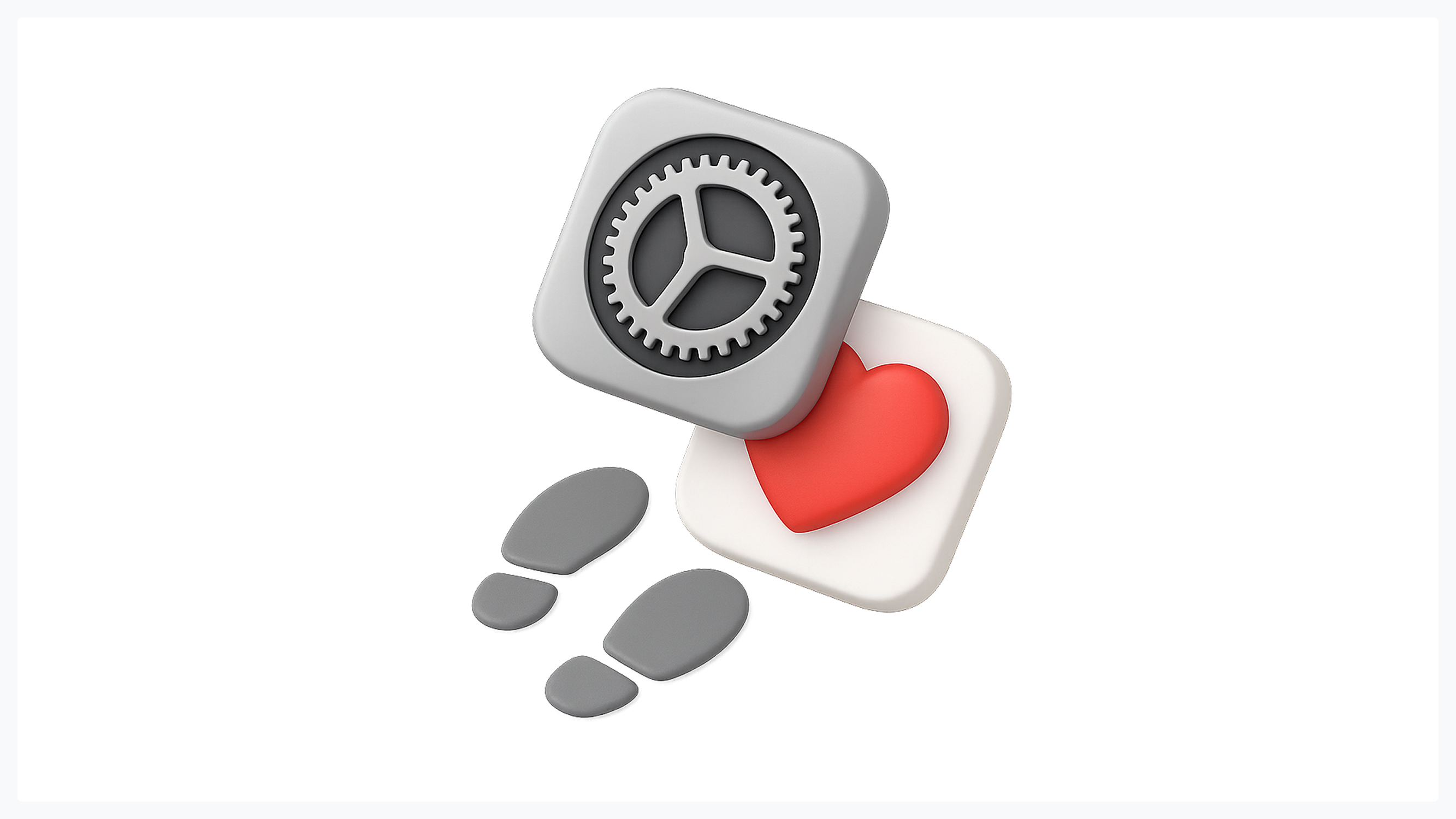
Creating a successful healthcare application requires systematic planning and execution. This structured approach ensures regulatory compliance, user satisfaction, and business success.
Step 1 – Market and Legal Research
Comprehensive market analysis forms the foundation of successful healthcare app development. Start by identifying your target audience demographics, analyzing competitor strengths and weaknesses, and understanding market gaps that your app can fill. Conduct user interviews, surveys, and focus groups to validate assumptions about patient needs and pain points.
Study regulatory requirements including HIPAA compliance for US markets, GDPR for European users, and FDA guidelines for medical device classification. Research local healthcare regulations, professional licensing requirements, and data protection laws in your target markets. This preliminary research prevents costly redesigns and ensures your app meets both user expectations and legal standards from day one.
Step 2 – Define App Type and Core Features
Determine whether to build a healthcare app as a native iOS/Android application, cross-platform solution, or progressive web app based on your target audience and technical requirements. Define core functionalities that address primary user needs:
- Appointment scheduling and management
- Secure messaging with providers
- Medical record access and history
- Prescription management and refills
Create detailed user stories and feature specifications that align with your business objectives and budget constraints. Prioritize features using the MoSCoW method to ensure essential functionality is delivered first while considering integration requirements with existing healthcare systems.
Step 3 – UI/UX Design for Healthcare Apps
Effective healthcare mobile app design prioritizes accessibility, simplicity, and trust-building elements. Healthcare users often experience stress or urgency, requiring intuitive navigation and clear information hierarchy. Follow WCAG accessibility guidelines to accommodate users with disabilities, including proper color contrast, readable fonts, and voice navigation support.
Design for diverse age groups and technical skill levels using familiar interface patterns and straightforward workflows. Implement trust indicators like security badges, professional color schemes, and clear privacy information. Conduct usability testing with real patients and healthcare providers to identify pain points and optimization opportunities.
Step 4 – Development and Testing
Select appropriate technology stacks that support healthcare security requirements and scalability needs. Implement Agile development methodologies with regular sprints, daily standups, and continuous integration practices. Prioritize robust security measures including end-to-end encryption, secure authentication protocols, and regular vulnerability assessments.
Conduct comprehensive testing across multiple dimensions:
- Functional testing for feature reliability
- Security testing for vulnerability assessment
- Performance testing for optimal speed
- Usability testing with real healthcare users
Quality assurance in healthcare app development requires more rigorous standards than typical software projects due to patient safety implications.
Step 5 – Launch and Ongoing Support
Prepare comprehensive app store listings with compelling descriptions, professional screenshots, and relevant keywords for discoverability. Submit apps for review well in advance, as healthcare apps face stricter approval processes. Implement analytics tools to track user engagement, feature adoption, and performance metrics.
Establish feedback collection systems through in-app surveys, support tickets, and user reviews. Create comprehensive technical support processes including FAQ sections, video tutorials, and responsive customer service. Successful healthcare mobile app design requires ongoing iteration and improvement based on real-world usage patterns and changing healthcare regulations.
Must-Have Features for a Successful Healthcare App
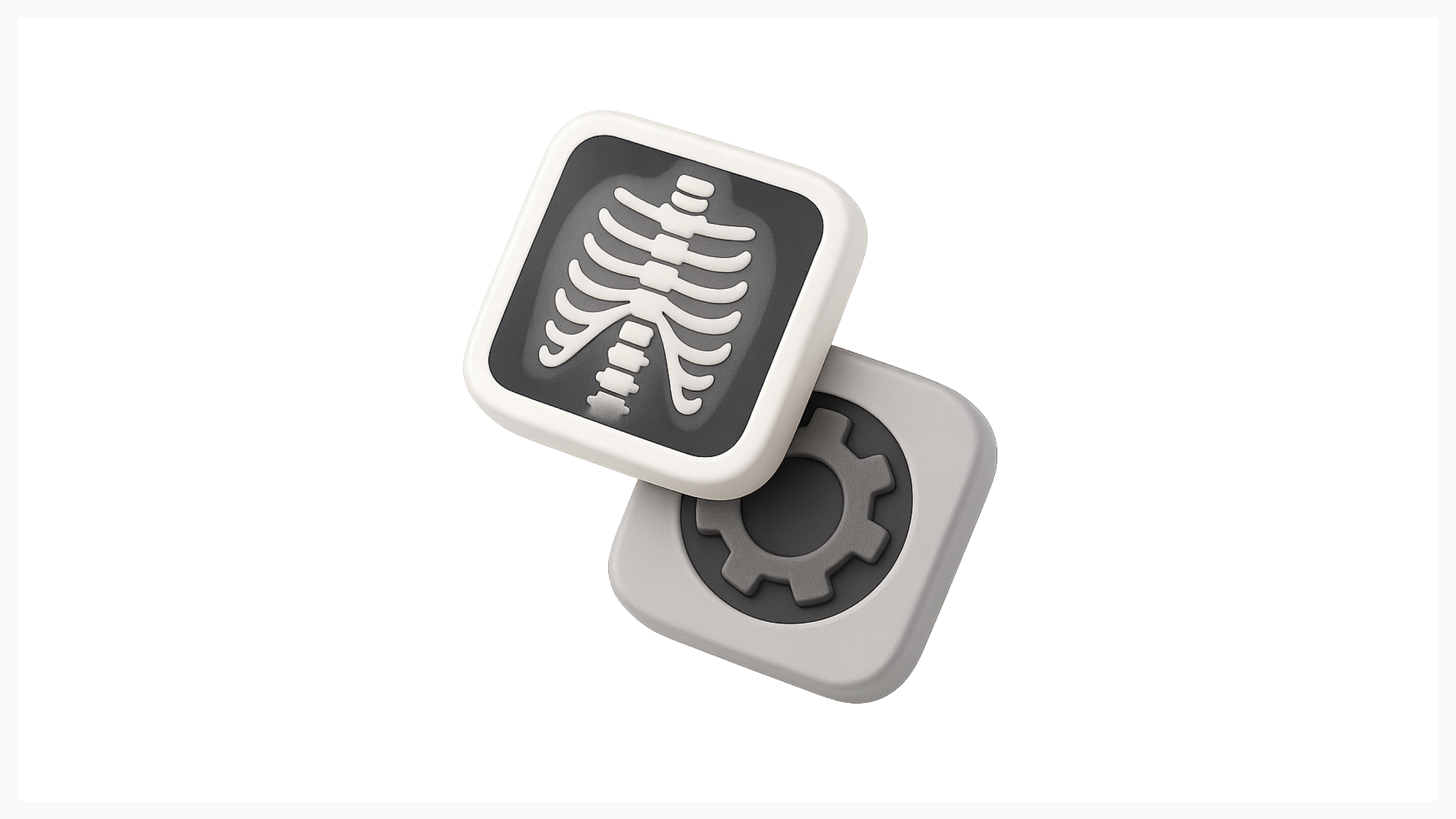
Patient App Features
Essential patient features create seamless healthcare experiences through secure registration, appointment management, and comprehensive medical record access. Modern healthcare app development prioritizes user-friendly interfaces that allow patients to schedule appointments, request prescription refills, and communicate securely with providers.
Core patient functionalities include secure multi-factor authentication, test result notifications with explanations, symptom tracking capabilities, and medication adherence tools. Financial management features like insurance coverage viewing and bill payment streamline the healthcare experience, while emergency contact systems ensure patient safety during critical situations.
Provider App Features
Healthcare providers require robust patient management dashboards integrated with electronic health records and prescription management systems. When you build a healthcare app for medical professionals, focus on clinical decision support tools, secure messaging platforms, and comprehensive analytics for practice optimization.
Essential provider tools encompass appointment scheduling, billing and insurance processing, patient progress monitoring, and medical reference databases. Advanced features include continuing education platforms and outcome tracking systems that improve care quality.
Advanced Features
Consider integrating telemedicine capabilities, AI-powered symptom checkers, and wearable device connectivity for comprehensive functionality. Strategic healthcare mobile app design incorporates these advanced features to create competitive advantages while maintaining regulatory compliance and user satisfaction.
Ensuring Security and Compliance
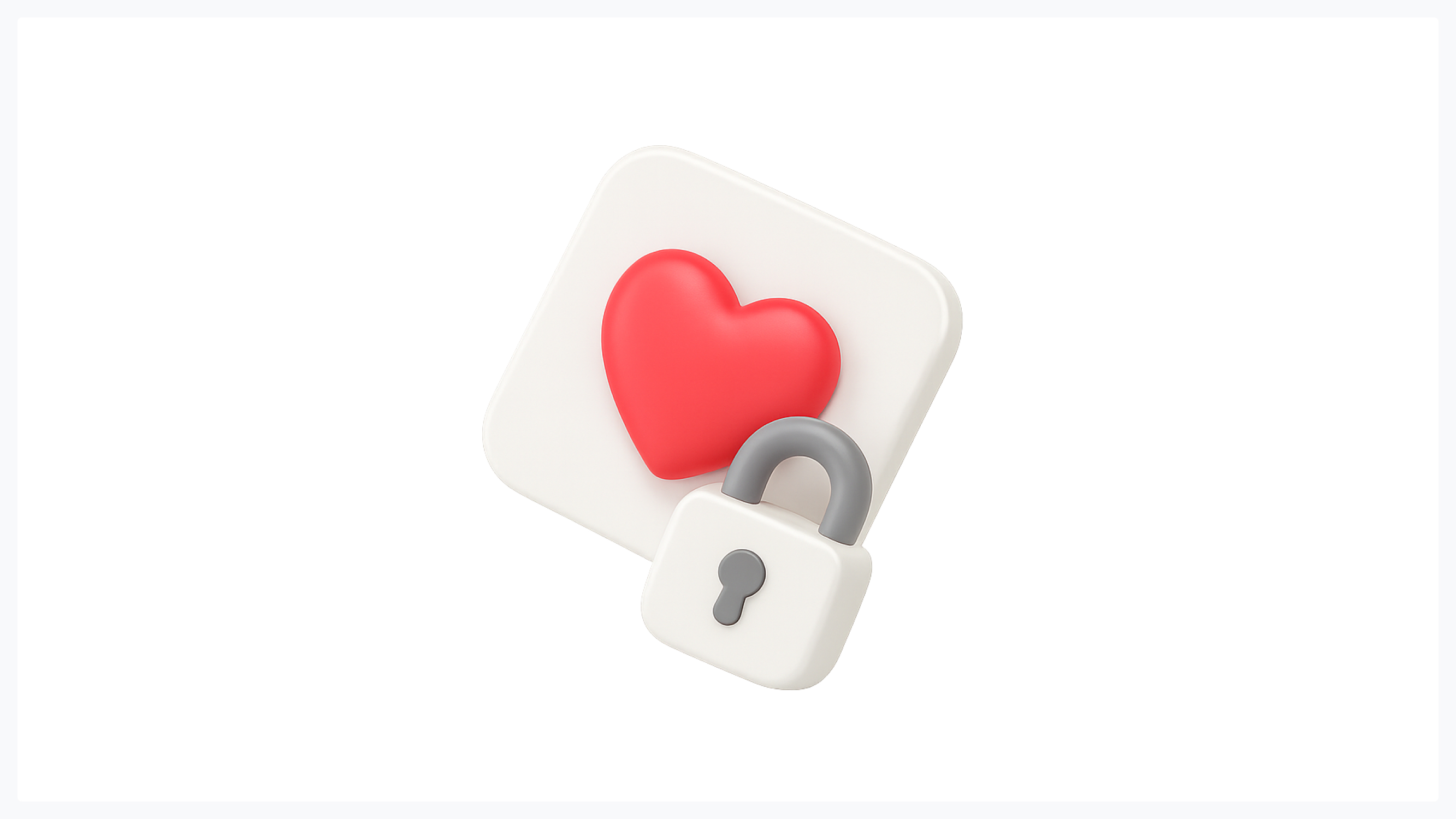
Healthcare apps handle sensitive patient data, making security and regulatory compliance non-negotiable requirements. Violations can result in severe financial penalties, legal consequences, and irreparable damage to organizational reputation. Successful healthcare app development demands thorough understanding of regulatory frameworks and implementation of robust security measures.
- HIPAA Implementation requires comprehensive protection of patient health information through administrative, physical, and technical safeguards. Organizations must establish access controls, implement staff training programs, ensure secure data storage and transmission, and maintain detailed audit logs with regular risk assessments.
- GDPR Implementation affects any app processing European users' data, requiring explicit consent mechanisms, data portability options, and transparent privacy policies. The regulation grants users rights to access, correct, and delete their personal information.
- FDA Regulations apply to apps providing medical diagnosis or treatment recommendations, potentially requiring formal approval processes. Apps classified as medical devices must undergo rigorous testing and documentation.
Implement end-to-end encryption, secure authentication protocols, and regular security audits. Maintain detailed compliance documentation, conduct staff training programs, and establish incident response procedures. Partner with experienced healthcare technology providers who understand regulatory requirements and can guide compliance implementation effectively.
Healthcare Mobile App Development Cost and Timeline
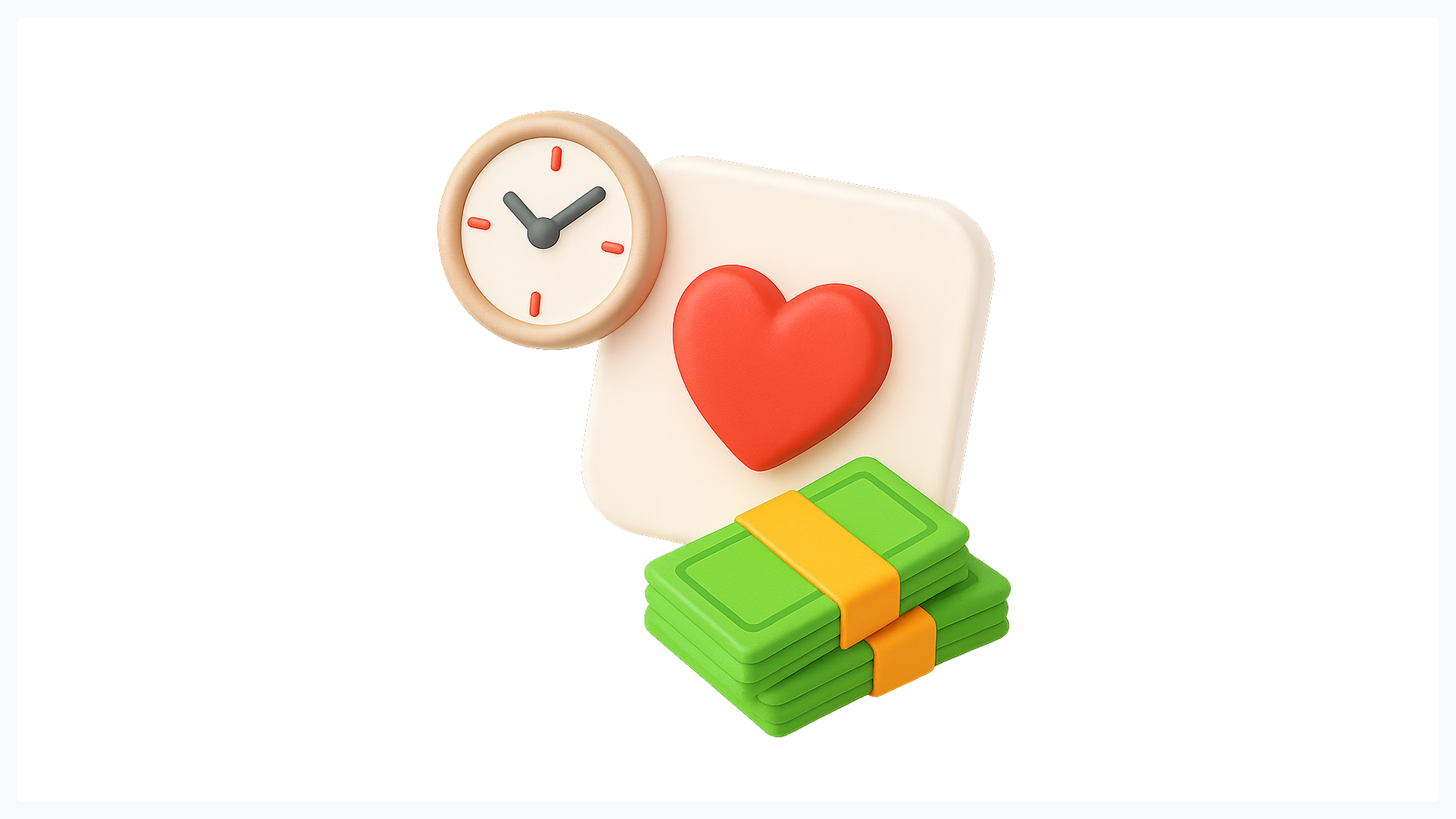
Understanding project costs and timelines is crucial for successful healthcare app planning. Development expenses vary significantly based on complexity, features, and regulatory requirements, while timelines depend on approval processes and integration needs.
Development Cost Breakdown
Basic healthcare apps with essential features typically cost $50,000-$150,000, including secure login, appointment scheduling, and basic messaging. Medium-complexity applications with telemedicine capabilities, EHR integration, and advanced security features range from $150,000-$350,000. Complex enterprise solutions with AI integration, comprehensive analytics, and multi-platform support can exceed $500,000.
Key cost factors include feature complexity, platform selection (iOS, Android, or both), custom UI design requirements, third-party integrations, regulatory compliance measures, and development team location. Healthcare app development costs also encompass security implementation, testing procedures, and documentation for regulatory approval.
Timeline Considerations
Simple healthcare apps require 4-6 months for development, while complex solutions may take 12-18 months. Timeline phases include:
- Planning and research (4-8 weeks)
- Design and prototyping (6-12 weeks)
- Development and coding (12-40 weeks)
- Comprehensive testing (4-12 weeks)
- Regulatory approval (2-16 weeks)
- Deployment (2-4 weeks)
Ongoing Investment
Annual maintenance typically represents 15-20% of initial development costs, covering server hosting, security updates, feature improvements, technical support, and compliance monitoring. When you build a healthcare app, budget for continuous updates addressing user feedback, evolving regulations, and emerging security threats. Strategic healthcare mobile app design requires ongoing investment to maintain competitive advantage and regulatory compliance in the rapidly evolving healthcare technology landscape.
Conclusion: Building the Future of Healthcare
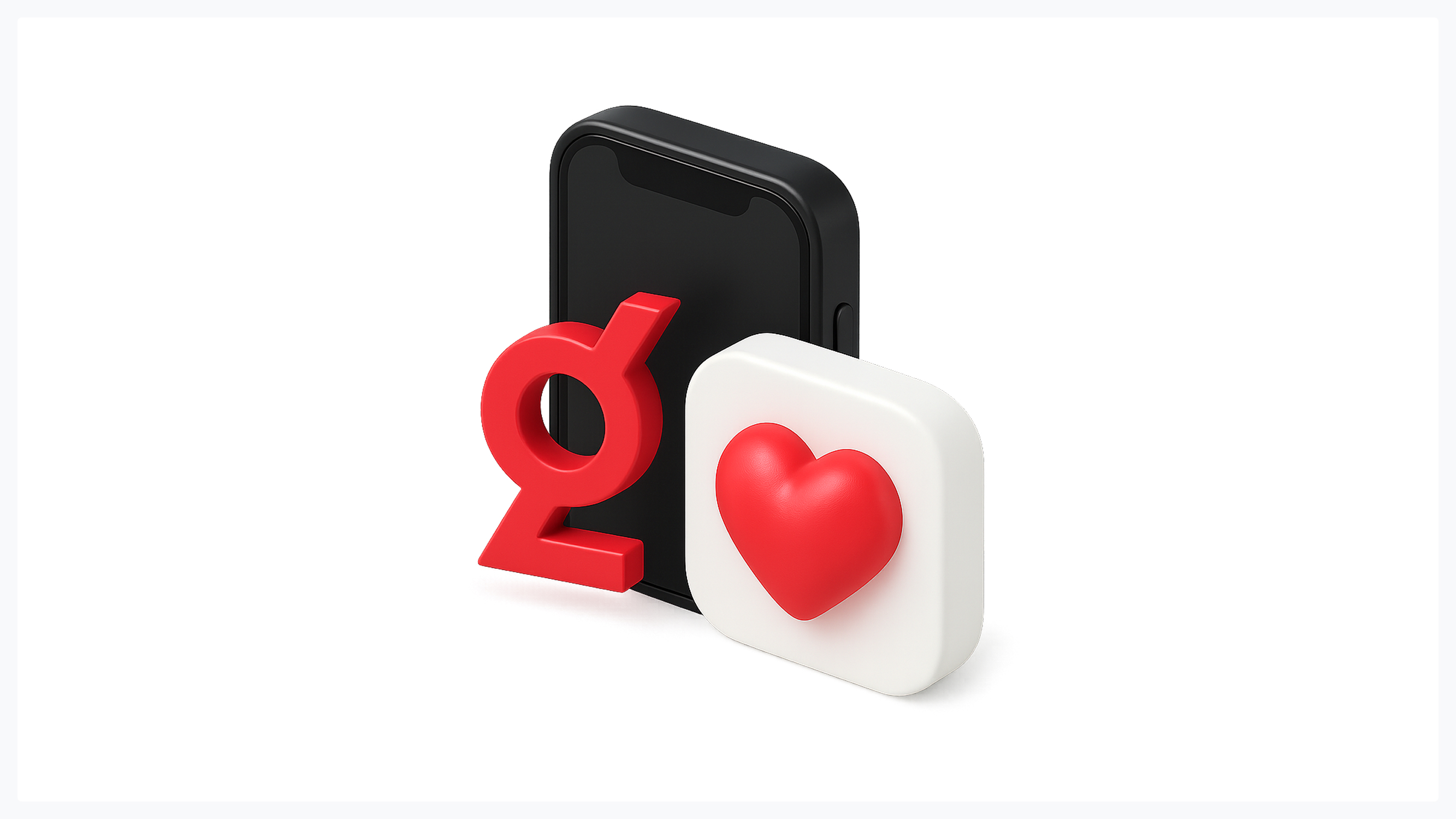
The healthcare industry stands at a digital crossroads where mobile technology will define future patient experiences and care delivery. Successful healthcare app development requires careful planning, regulatory compliance, and user-centered design principles.
Organizations investing in mobile health solutions position themselves for long-term success in an increasingly digital healthcare landscape. The key lies in understanding user needs, maintaining security standards, and delivering genuine value to both patients and providers.
Ready to transform healthcare through innovative mobile solutions? Partner with Glow Team, a specialized design and development company with deep expertise in healthcare technology. Our experienced professionals understand the unique challenges of healthcare mobile app design, from regulatory compliance to user experience optimization.
Glow Team's healthcare portfolio includes successful platforms and provider management systems that have helped organizations improve patient engagement while reducing operational costs. We navigate complex regulatory requirements while delivering intuitive, secure, and scalable mobile health solutions.
The future of healthcare is mobile, and the time to act is now. Contact Glow Team today to discuss your healthcare app project.
FAQs
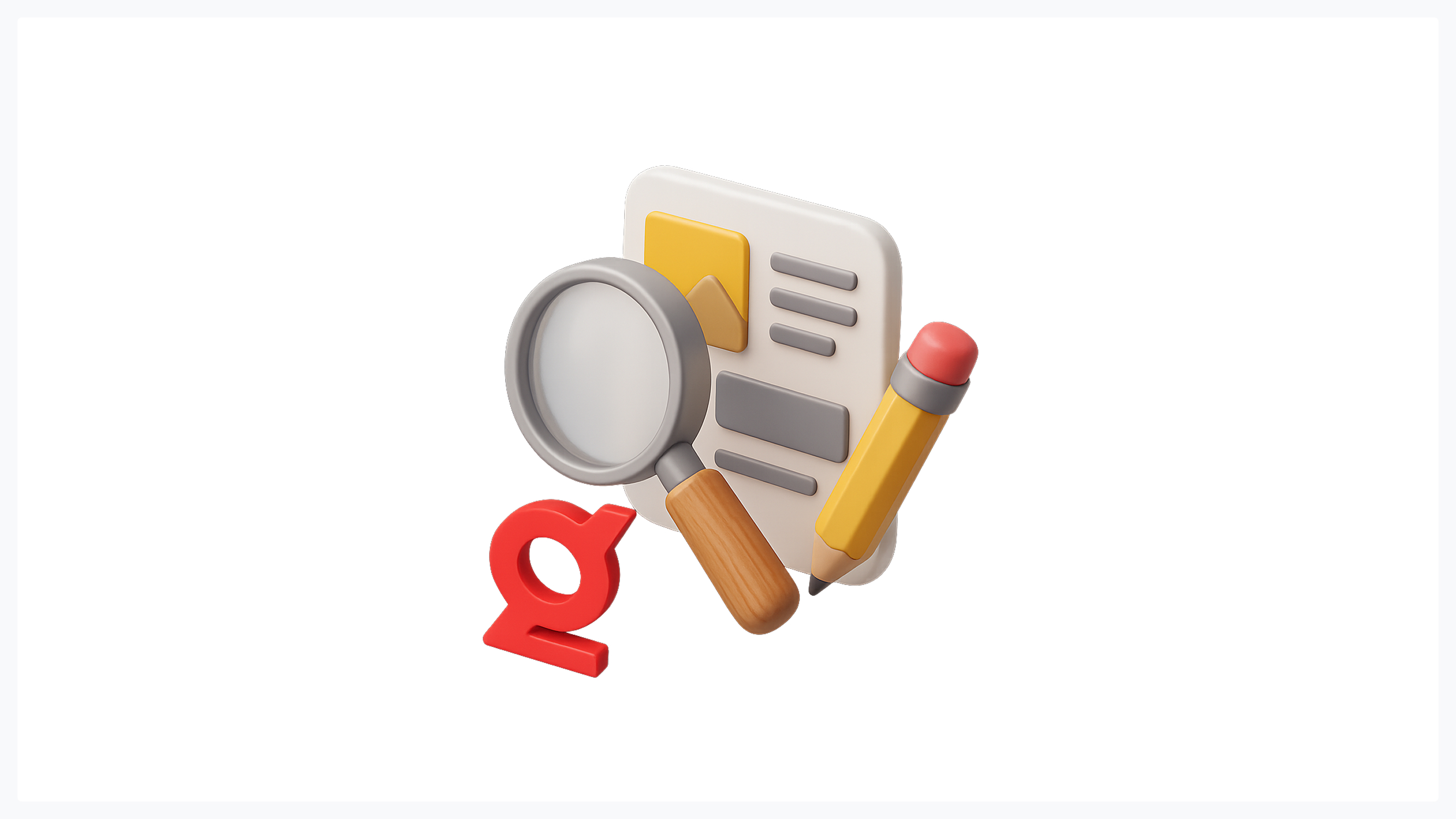
How much does it cost to develop a healthcare app?
Healthcare app development costs range from $50,000 for basic applications to $500,000+ for complex solutions. Factors affecting cost include feature complexity, platform selection, design requirements, regulatory compliance needs, and development team location. Ongoing maintenance typically costs 15-20% of initial development annually.
How long does it take to develop a medical app?
Development timelines vary from 4-6 months for simple apps to 12-18 months for complex healthcare solutions. Factors affecting timeline include regulatory approval processes, integration requirements, testing complexity, and feature scope. Early planning and clear requirements help accelerate development.
What features should a healthcare mobile app include?
Essential features include secure user authentication, appointment scheduling, medical record access, prescription management, secure messaging, and payment processing. Advanced features might include telemedicine, symptom tracking, wearable integration, and AI-powered health insights. Feature selection depends on target users and business objectives.
How to choose the right healthcare app development partner?
Select partners with proven healthcare experience, regulatory compliance expertise, security certifications, and strong technical capabilities. Evaluate portfolios, client testimonials, development processes, and ongoing support offerings. Ensure they understand healthcare workflows and can navigate complex regulatory requirements.
How can I ensure my healthcare app is secure and compliant?
Implement comprehensive security measures including data encryption, secure authentication, regular audits, and compliance monitoring. Work with legal experts, follow established frameworks like HIPAA and GDPR, and conduct thorough testing. Partner with experienced healthcare technology providers who understand regulatory requirements and security best practices.

